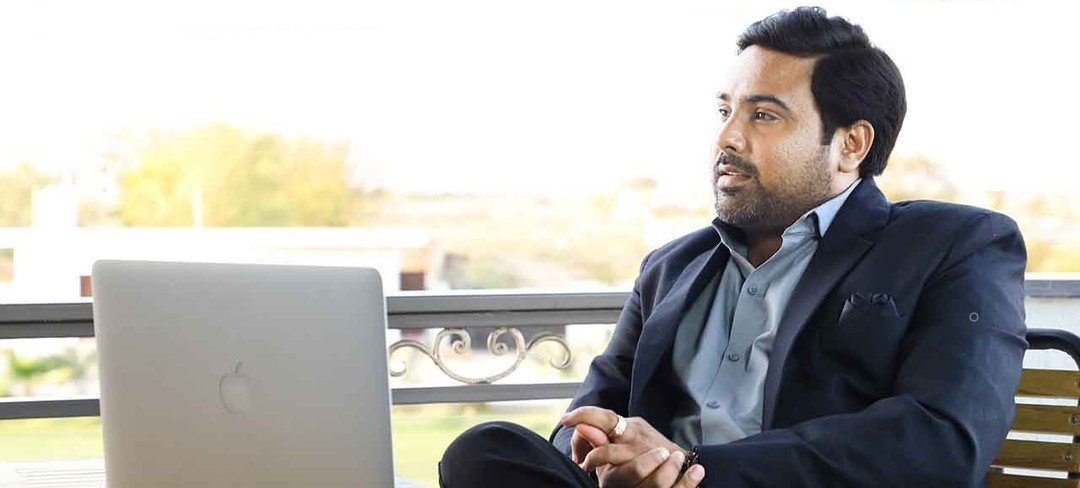CURRENCY
BUSINESS OPPORTUNITIES IN ICELAND
ICELAND



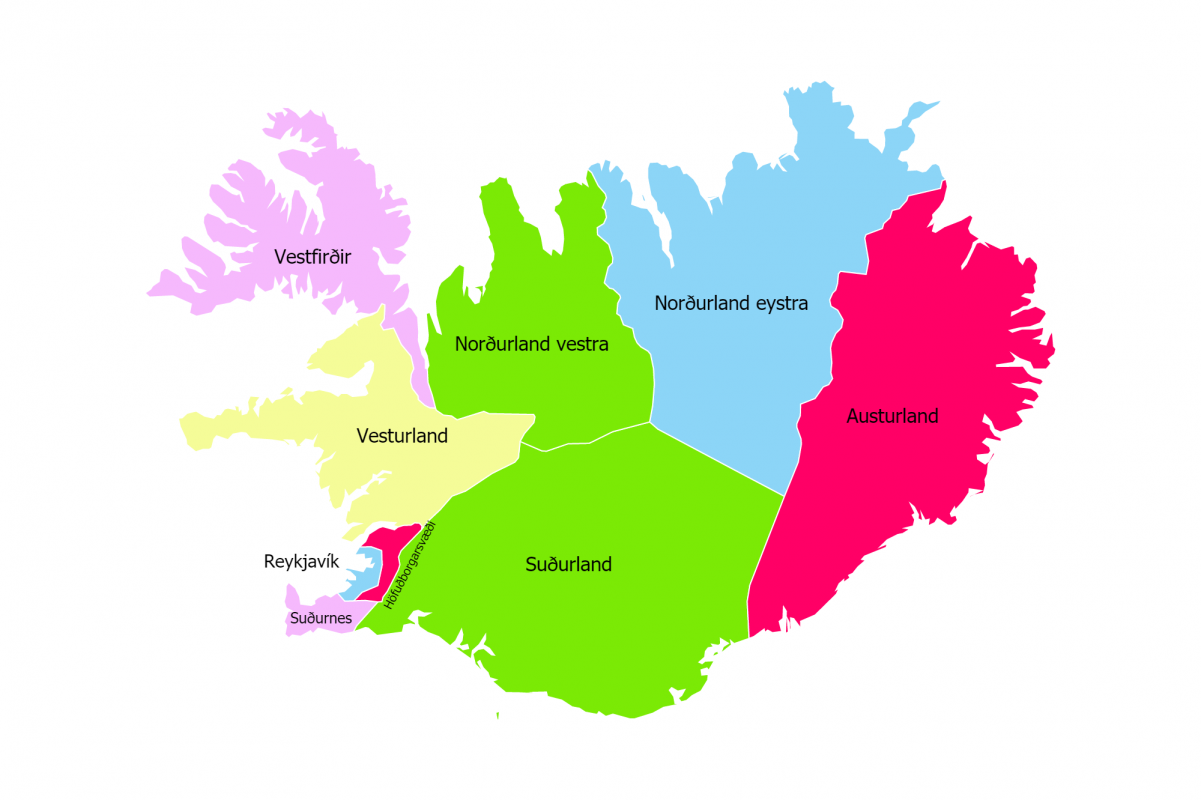
FLAG

ICELAND
CAPITAL CITY
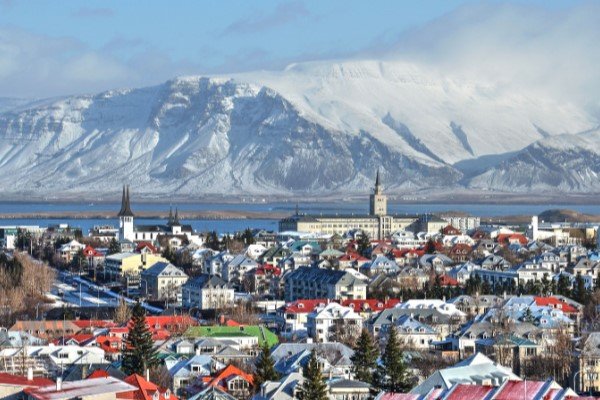
REYKJAVÍK
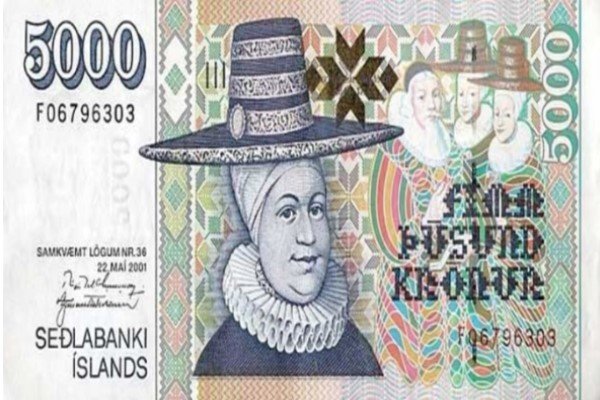
ICELANDIC KRÓNA
Language

Population

3.68 LAKHS
Country
Calling Code
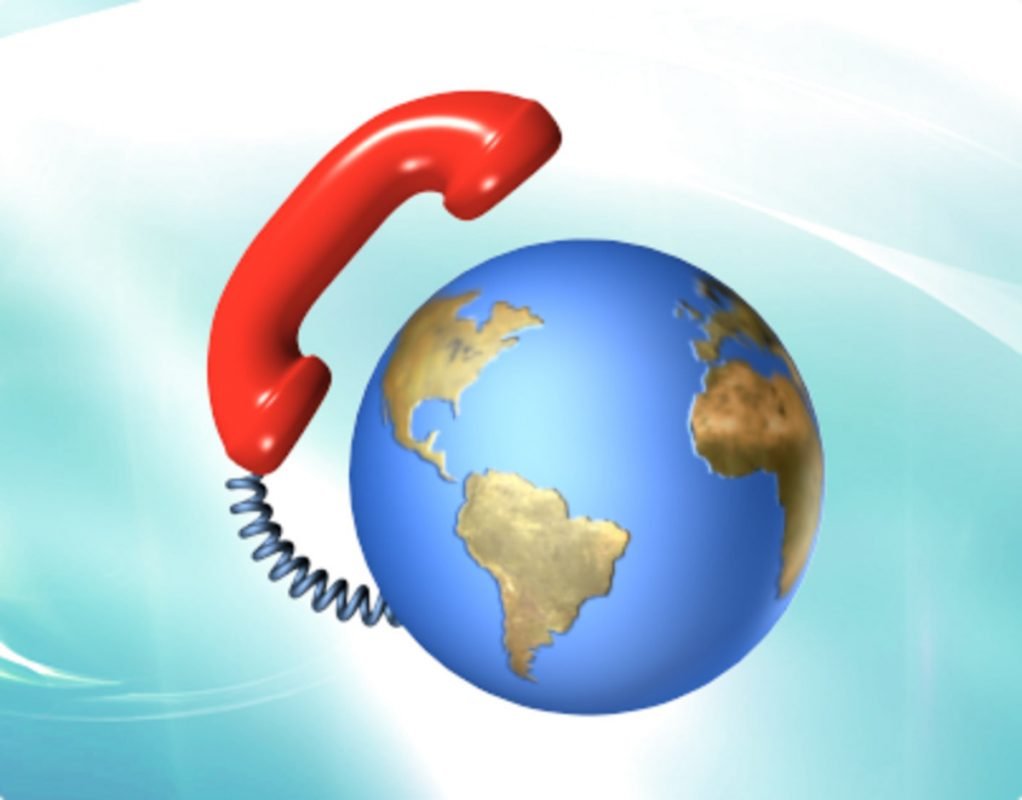
+354
LOCATION:

EUROPE
BORDER COUNTRIES:
GREENLAND
FAROE ISLANDS
NORWAY
SWEDEN
SCOTLAND
UNITED KINGDOM
IRELAND
ABOUT ICELAND
Amongst all the countries in Europe, Iceland, officially the Republic of Iceland, is a Nordic island nation located in the North Atlantic Ocean. It is distinguished by its dramatic volcanic landscapes, hot springs, geysers, active volcanoes, and vast glaciers, all powered by abundant geothermal and hydropower. Iceland is renowned for its pristine natural beauty, unique geology, and a strong commitment to renewable energy and sustainability. The capital of Iceland is Reykjavík, which is its largest and most populous city, serving as the country’s main economic, cultural, and political hub. According to the World Bank, Iceland is classified as a High-Income Economy, consistently ranking high in terms of quality of life, innovation, and social progress. The currency of Iceland is the Icelandic Króna (ISK), and the value of 1 Indian Rupee is approximately 0.67 Icelandic Króna (or 1 ISK is approximately 1.49 INR) as of today’s exchange rates (June 2025). The population of Iceland is estimated to be around 389,444 in early 2025. Iceland shares maritime borders with Greenland (Denmark), the Faroe Islands (Denmark), and Norway. The official language of the country is Icelandic, with English widely spoken and understood, especially in business and tourism. The majority of the Icelandic population practices Evangelical Lutheranism (Church of Iceland), with a growing number of people identifying as non-religious or practicing other faiths. Currently, Iceland has one major international airport, Keflavík International Airport (KEF), which is the primary gateway for international flights. Reykjavík Airport (RKV) handles domestic flights and some limited international charters. As an island nation, Iceland relies heavily on its seaports, with Reykjavík and Grundartangi being key commercial ports crucial for facilitating international trade and fisheries.
The corporate income tax rate in Iceland is 20% for limited liability companies (LLCs) and limited partnership companies, which is among the lowest in Europe. For other legal entities (e.g., partnerships), it is 37.6%. Iceland offers a stable and transparent tax environment. While general tax holidays are not common, the government provides various incentives to attract foreign direct investment, particularly in strategic sectors. These include grants for research and development (R&D) in the form of tax credits for innovation companies (up to 35% of R&D costs for SMEs), and special incentives for green investments (e.g., a 5% discount on the purchase price of sustainable assets). Iceland is also a member of the European Economic Area (EEA), which means it adheres to EU state aid rules. Opesh Group of companies will be helping you in completing the Due Diligence process which includes financial planning, registration process, business options, and if required, even helping you find a rental property for your office.
Establishing a business in Iceland is relatively straightforward, supported by an efficient and transparent regulatory framework. Invest in Iceland (part of Business Iceland) is the primary government agency assisting foreign investors. A foreign investor who is planning to start his business in Iceland can form various company types, such as a Private Limited Company (Einkahlutafélag – ehf), a Public Limited Company (Hlutafélag – hf), or a Branch Office. A Private Limited Company (ehf) is the most common and flexible form, allowing 100% foreign ownership. It requires a relatively low minimum share capital (ISK 500,000, approximately EUR 3,300), which can also be contributed in kind. Foreign ownership restrictions apply only to specific sectors like fishing, fish processing, aviation, and energy (requiring special permits).
In case an investor is planning to establish an ehf in Iceland or a corporate business setup, Opesh Group will be helping you in taking the right decision for setting up your business in Iceland and we will also guide you about how to follow the procedure while formulating your company in Iceland.
Types of Business which can be started in Iceland:
- Renewable Energy & Green Technology: Iceland is a global leader in geothermal and hydropower. Opportunities are significant in energy-intensive industries (e.g., aluminum smelting, silicon production), but increasingly in data centers (due to low-cost, green energy), hydrogen production, and sustainable energy solutions (e.g., carbon capture, geothermal heating systems).
- Tourism & Hospitality: A rapidly growing sector, leveraging Iceland’s unique natural attractions. Opportunities exist in developing sustainable tourism infrastructure, eco-tourism, luxury accommodations, specialized tour operations (e.g., adventure, wellness), and digital services for tourists.
- Fisheries & Aquaculture: Iceland has a highly advanced and sustainable fisheries industry. Opportunities lie in fish processing, value-added seafood products, aquaculture (especially land-based fish farming), and marine biotechnology (e.g., utilizing by-products).
- Information & Communication Technologies (ICT) / Data Centers: Iceland’s cool climate, abundant renewable energy, and robust fiber-optic connectivity make it ideal for data centers. Opportunities are also in software development, cybersecurity, AI, and IT services, leveraging a highly skilled and tech-savvy workforce.
- Biotechnology & Life Sciences: A nascent but growing sector, particularly in pharmaceuticals, genomics, and the utilization of unique Icelandic bio-resources (e.g., marine organisms for ingredients, enzymes). Opportunities in R&D and specialized production.
- Creative Industries: Known for its vibrant music, film, and design scenes. Opportunities exist in film production (with tax incentives), gaming, digital media, and design, leveraging a highly creative population.
- Food Processing: Beyond seafood, opportunities exist in processing local agricultural products, dairy, and developing organic or specialized food products for export.
Advantages of Starting Business in Iceland:
- Abundant Renewable Energy: Nearly 100% of electricity is from geothermal and hydropower, offering competitive and stable energy prices for energy-intensive industries and data centers.
- Highly Skilled & Innovative Workforce: A well-educated, productive, and technologically proficient population with high English proficiency.
- Political & Economic Stability: A democratic, stable environment with low corruption, providing a secure investment climate.
- Access to European Single Market: As an EEA/EFTA member, Iceland benefits from free movement of goods, services, capital, and people with the EU.
- High Quality of Life: Attracts and retains international talent.
- Strong Research & Development Ecosystem: A supportive environment for innovation with incentives for R&D.
- Strategic Location: Mid-Atlantic location offers potential connectivity between Europe and North America.
Business Opportunities for Indians in Iceland:
There are excellent business opportunities in Iceland for new investors who are planning to start their business abroad. Iceland’s unique strengths in renewable energy, sustainable development, and a highly digitalized society present niche but high-value opportunities. Indian investors, with their strengths in IT services, green technologies, pharmaceuticals (especially in specialized biotech areas), and tourism services (e.g., hospitality management, digital solutions for tourism), can find avenues for collaboration and investment. There’s also potential for joint ventures in the data center industry and specialized manufacturing that can leverage Iceland’s clean energy.
Imports & Exports:
Many goods are imported and exported from Iceland. Imports and exports business is an ever-growing business in any country; however, you need to do proper R&D before investing in that product which you can import or export. You need to check whether that product is suitable for your target market and how much revenue you will be able to generate from that market.
Major items which are exported from Iceland to India:
- Fish and fish products (e.g., cod liver oil, frozen fish)
- Aluminum and aluminum products
- Medicinal and pharmaceutical products
- Ferrosilicon
- Machinery and electrical equipment
- Optical, photographic, and medical instruments
Major items which are imported in Iceland from India:
- Pharmaceutical products
- Organic chemicals
- Textile yarns, fabrics, and apparel
- Machinery and mechanical appliances
- Cereals (e.g., rice)
- Vehicles and parts
- Spices and foodstuffs
Manufacturing:
Opportunities in manufacturing are primarily in energy-intensive industries such as aluminum and silicon production, leveraging Iceland’s abundant and cheap renewable electricity. There is also potential in specialized manufacturing related to fisheries (e.g., processing equipment), biotechnology (e.g., marine ingredients), and advanced materials.
Mining:
Iceland has very limited traditional mining activities. Its “mining” wealth is primarily in its geothermal resources, which are harnessed for energy production. While there are some industrial minerals like diatomite (though its extraction has largely ceased for environmental reasons) and sulphur (mostly obtained from oil refining), large-scale conventional mining is not a significant sector. Opportunities related to “mining” are almost exclusively in leveraging geothermal energy.
Major Indian companies which are currently working in Iceland:
While large-scale manufacturing facilities or direct major investments by prominent Indian corporations are less common due to Iceland’s small market size and specialized economy, there is increasing engagement, particularly in IT and pharmaceuticals through market presence or smaller operations:
- Pharmaceutical Companies: Indian pharmaceutical companies have a presence in the Icelandic market through distribution channels.
- IT Companies: Some Indian IT companies might be providing services or have smaller operations or partnerships, leveraging Iceland’s strong digital infrastructure and tech-savvy population.
- Trade Relations: Indian companies are actively involved in bilateral trade, particularly in importing Icelandic fish products and aluminum, and exporting Indian pharmaceuticals and textiles.
- GDP = $33.5 billion (nominal, 2024 est.)
- GDP Growth = 0.5% (2024 est.), 2.0% (2025 est.)
- Ease of doing business rank = 12th in Europe for ease of doing business (as per a recent survey) – Note: The World Bank discontinued its ‘Doing Business’ report; this is based on alternative rankings.
- GDP per Capita = $87,128 (nominal, 2024 est.)
Thanks for reading this Article. Watch our Video and know more about Iceland. For any Business Enquiry Join Millionaire Program and change everything in life and Business.. Call/ WhatsApp +91- 8094607111.
MOST RECENT VIDEOS
SIGN UP TODAY
Get our exclusive content and offers in your inbox

